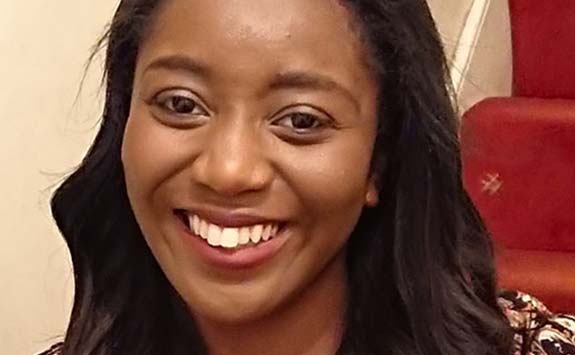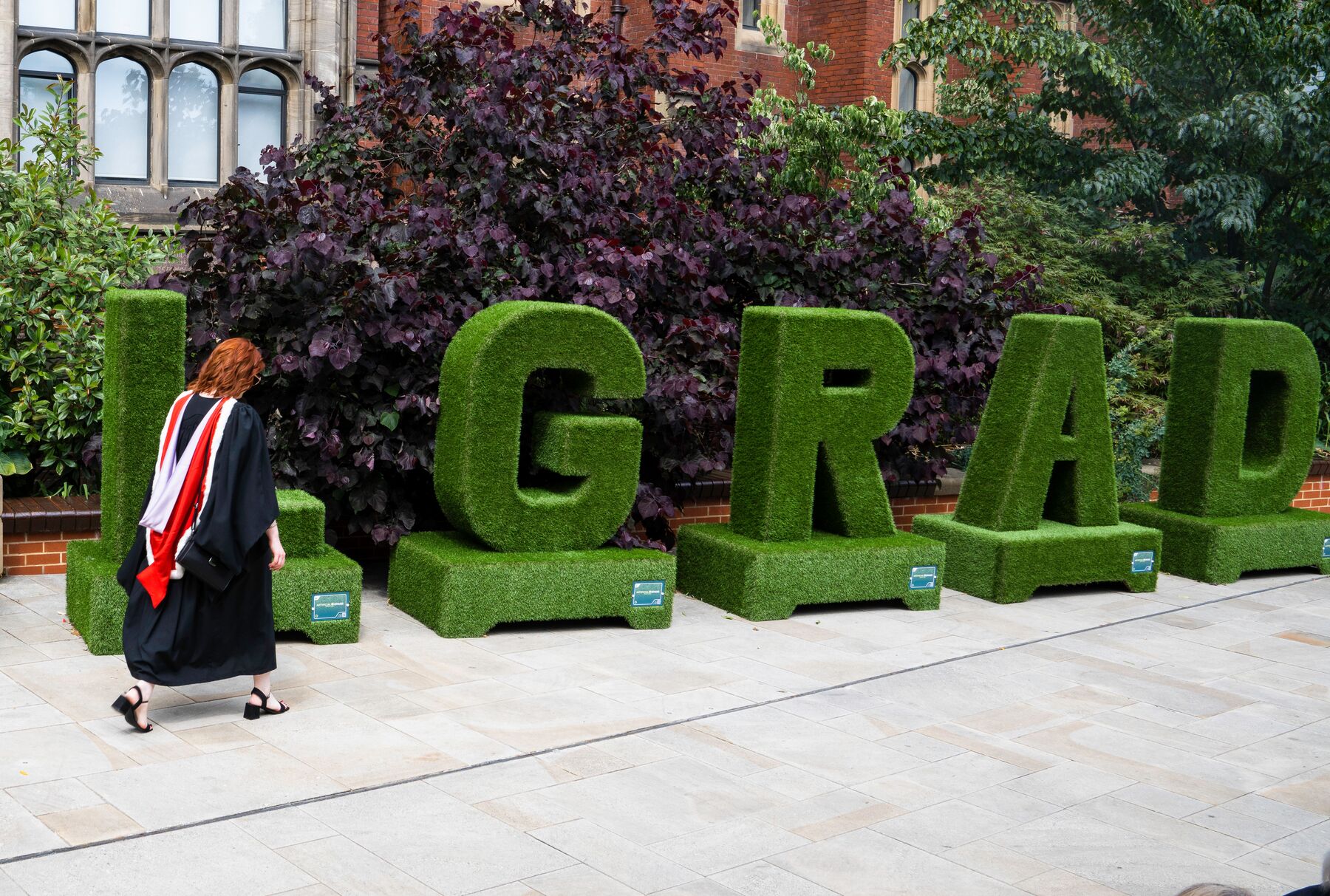Bukky Ogungbe
BSc in Physiological Sciences
Audiology NHS Scientist Training Programme
I am currently on the NHS Scientist Training Programme (STP) specialising in audiology. The STP is a graduate entry route to becoming a clinical scientist combining workplace-based and academic learning. I am based at a hospital in London and I am also completing a funded part-time MSc at the University of Manchester. I work with the adult and paediatric population and so my patients range from new-born babies to the elderly. My role involves assessing, diagnosing and managing their hearing, tinnitus, balance problems and associated disorders.

As a trainee clinical scientist, my job is very dynamic and requires me to integrate the theoretical, practical and clinical aspects of audiology. Whilst academic learning is important in building my skills as a clinician, an important aspect of my role is providing a holistic approach to each individual and putting the patient at the centre of their care. It can be difficult at times juggling a full-time job with the demand that comes with further education but I enjoy the challenge and receive a lot of support from my colleagues and academic supervisors!
My time at Newcastle has played an important role in determining my career path and landing my current job. Studying Physiological Sciences provided me with an insight into the general anatomy, physiology and pathophysiology of the auditory system. I was encouraged to undertake a summer placement and so I spent 8 weeks with an auditory group in the Institute of Neuroscience. This allowed me to explore audiology beyond the core material taught in my lectures. It was a fantastic opportunity to see how I could use my degree outside the traditional lab/research setting. I knew I wanted a career with a more clinical output. Lastly, the support I received from lecturers and my personal tutor was incredibly helpful in determining my next step after completion of my degree. Various lectures and sessions were organised for students to help us decide on the different career opportunities available. One of the sessions discussed the STP and it was here that I first heard about the programme.
I was then able to meet with an STP trainee. That trainee provided me with a realistic insight into what is involved in the STP training programme and their experience in getting into this extremely competitive programme. I also received valuable help from lecturers during the application process and utilised the careers service for advice on interview skills.
